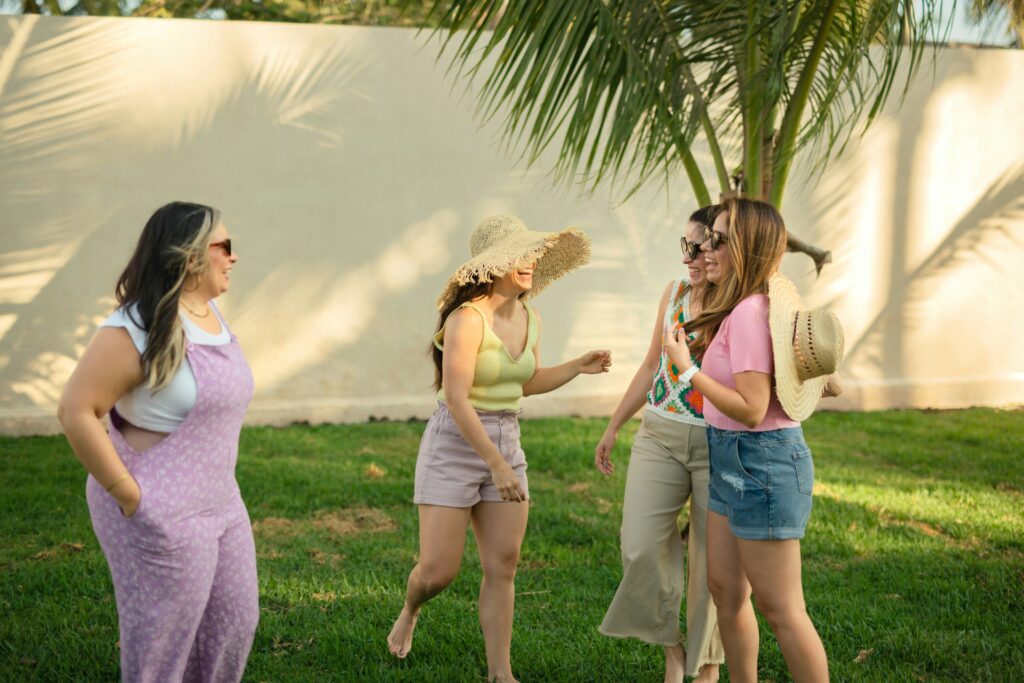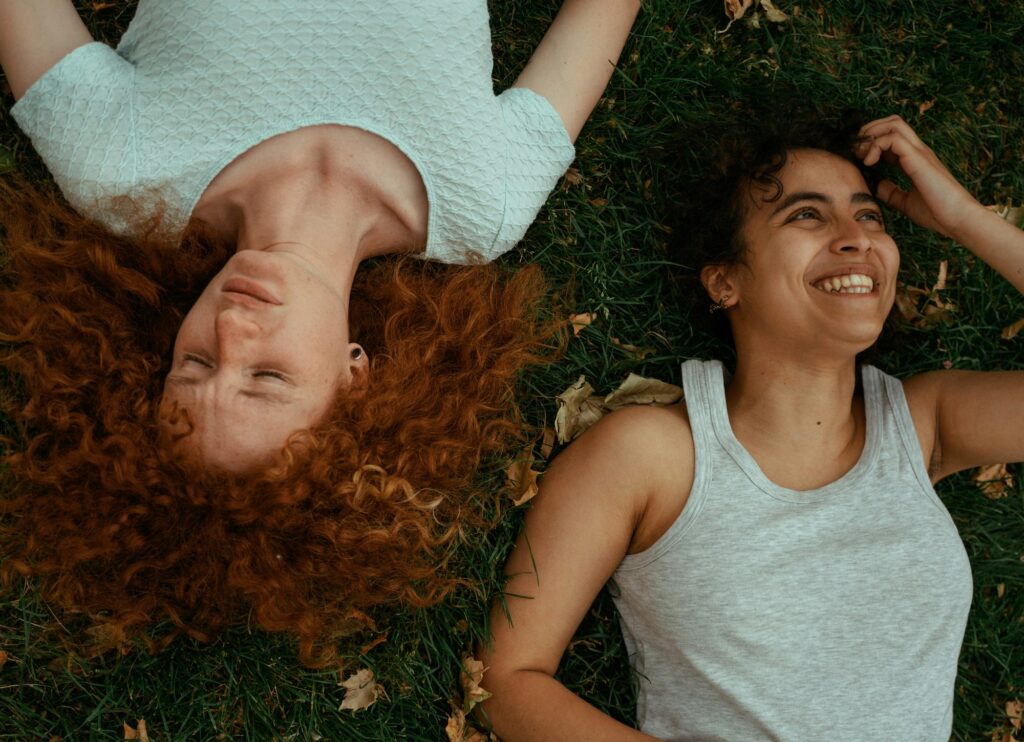Camp Château, a duo of female-only summer camps in rural France, has pioneered an innovative ownership model where some 300 women collectively own the business and receive lifetime camp access in exchange for their investment. Olivia Palamountain reports
The Camp Château concept combines adult summer camp experiences with a sustainable business model, welcoming women aged 21 and over to all-inclusive stays in ancient French castles. Participants can become collective owners for as little as €8,500, receiving lifetime access to six-day retreats alongside 5% annual returns on their investment.
The collective runs retreats at Château de Béduer in the Quercy region and L’Abbaye-Château de Camon in Ariège in the South of France, with a menu of activities spanning art, cooking, wellness and wine tasting, alongside excursions to local markets, vineyards and historic caves.
Philippa Girling, co-founder and chief executive, explains the founding principle: “We are 100% owned and funded by women through our unique Founder Member model.” The approach enables the expansion of what Girling describes as “inclusive spaces for women, where they can rest, rejuvenate, and have fun.” Stays cost €2,250 at Château de Béduer and €2,450 at L’Abbaye-Château de Camon. Each camp accommodates 50 women in historic settings complete with swimming pools, terraces and original architectural features including Portuguese tiles and million-year-old fossils embedded in stone walls.
Stays cost €2,250 at Château de Béduer and €2,450 at L’Abbaye-Château de Camon. Each camp accommodates 50 women in historic settings complete with swimming pools, terraces and original architectural features including Portuguese tiles and million-year-old fossils embedded in stone walls.
Beyond physical camps, the organisation has launched “Pocket Château,” a virtual community accessible via mobile app for €15 monthly, offering online workshops, community chat, and virtual events. The digital platform has attracted over 500 members from 20 countries since its February launch, spanning ages from the twenties to seventies.
Co-founder Lynda Coleman, director of diversity, inclusion and belonging, leads the organisation’s expansion plans, which include a fully gender-inclusive LGBTQIA+ camp and additional locations to broaden the reach of the camp’s benefits. The collective ownership model addresses both accessibility and sustainability in luxury travel experiences. Traditional investment opportunities often require significantly higher entry points, whilst Camp Château’s structure enables broader participation whilst creating a self-sustaining business model.
The collective ownership model addresses both accessibility and sustainability in luxury travel experiences. Traditional investment opportunities often require significantly higher entry points, whilst Camp Château’s structure enables broader participation whilst creating a self-sustaining business model.
Co-founder Leah Lykins, director of product, brings 12 years of experience in pedagogy and curriculum design to the camp’s programming, which emphasises participant choice in curating personalised experiences from available activities and excursions.
The concept reflects growing demand for adult summer camp experiences, particularly those offering authentic cultural immersion in historic settings. The French castles provide unique backdrops unavailable in traditional retreat settings, whilst the collective ownership model creates long-term community bonds beyond individual stays.
Camp Château’s success suggests potential for scaling similar models that combine experiential travel with accessible investment opportunities, particularly for underserved demographics in the luxury travel market.
